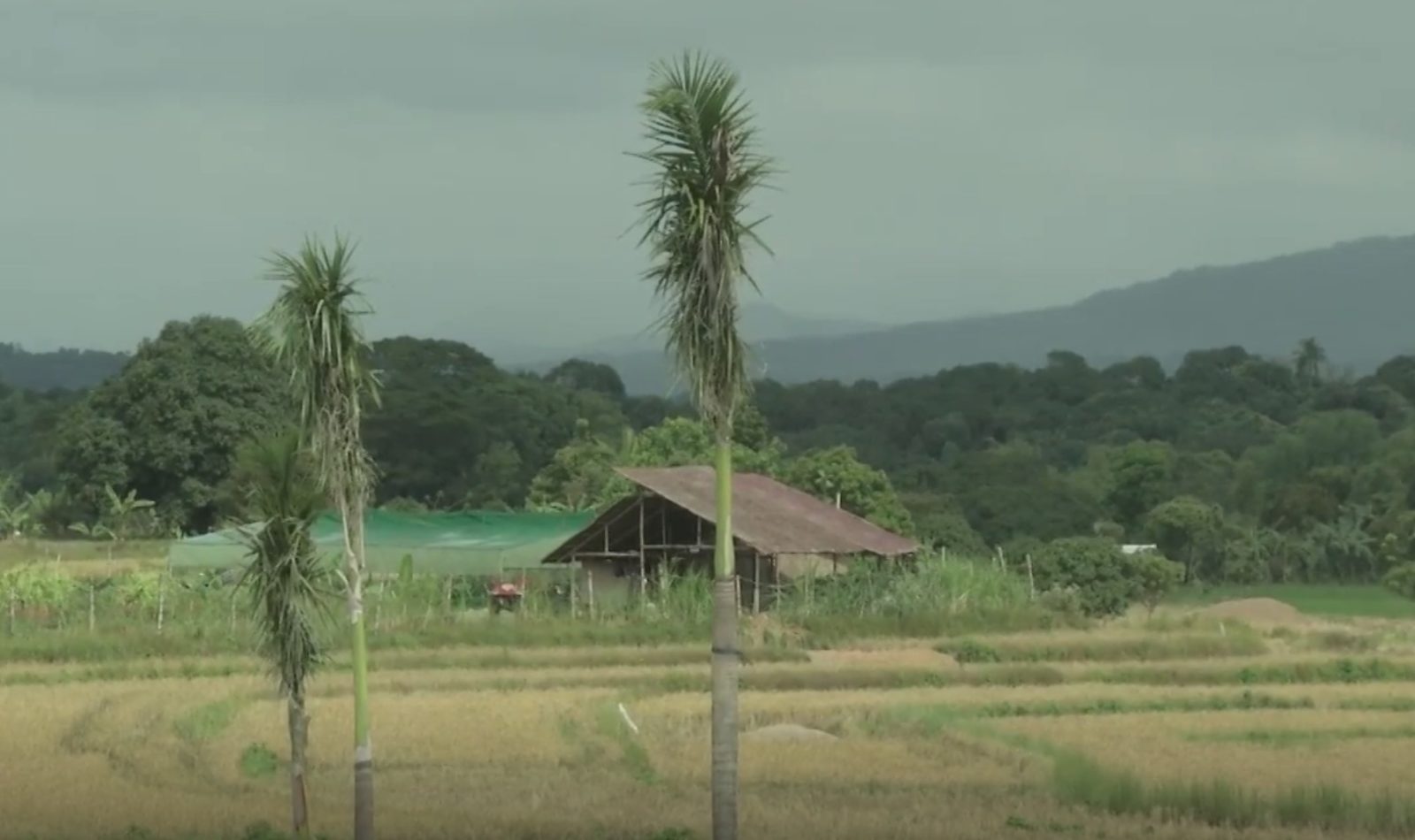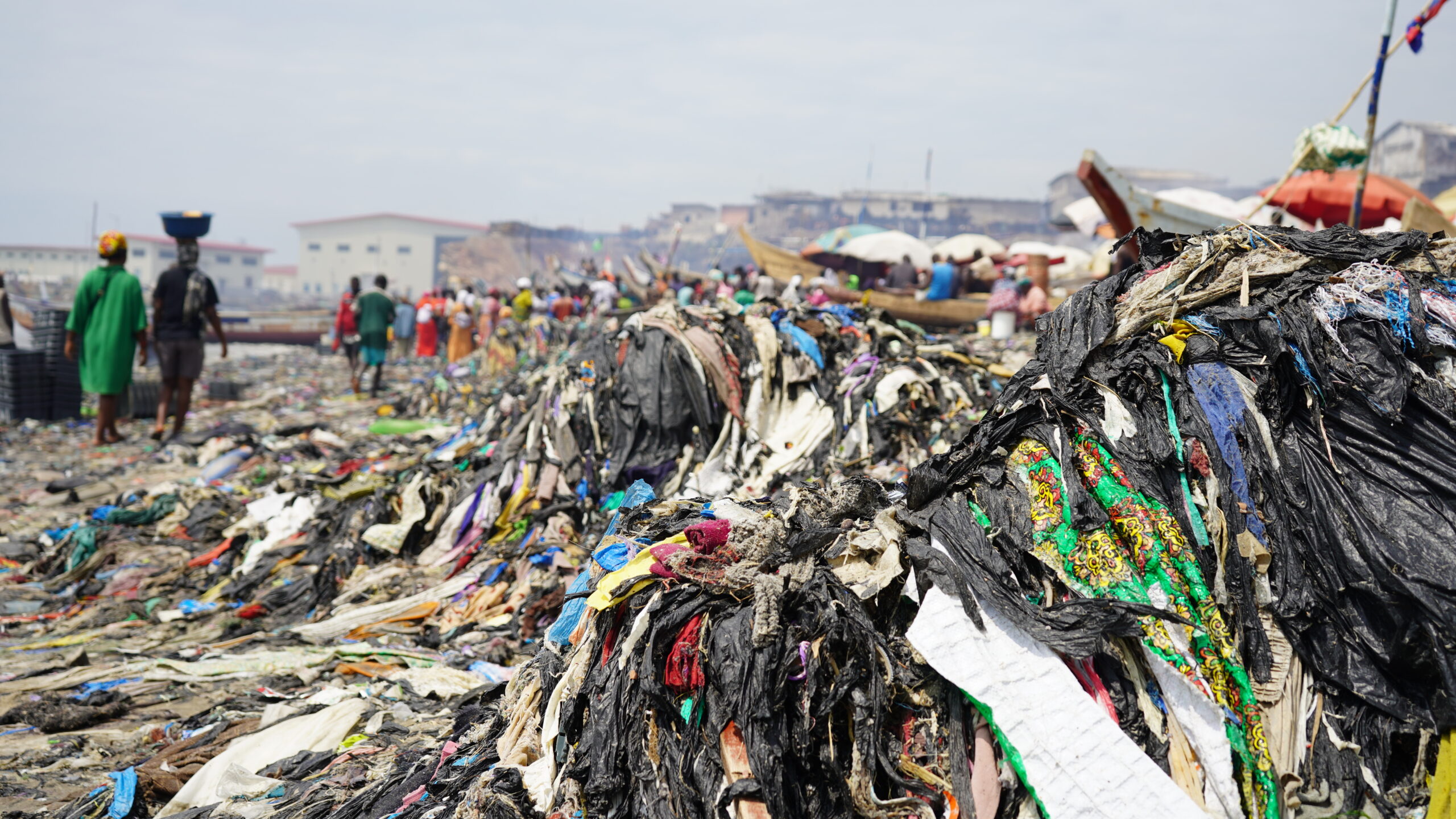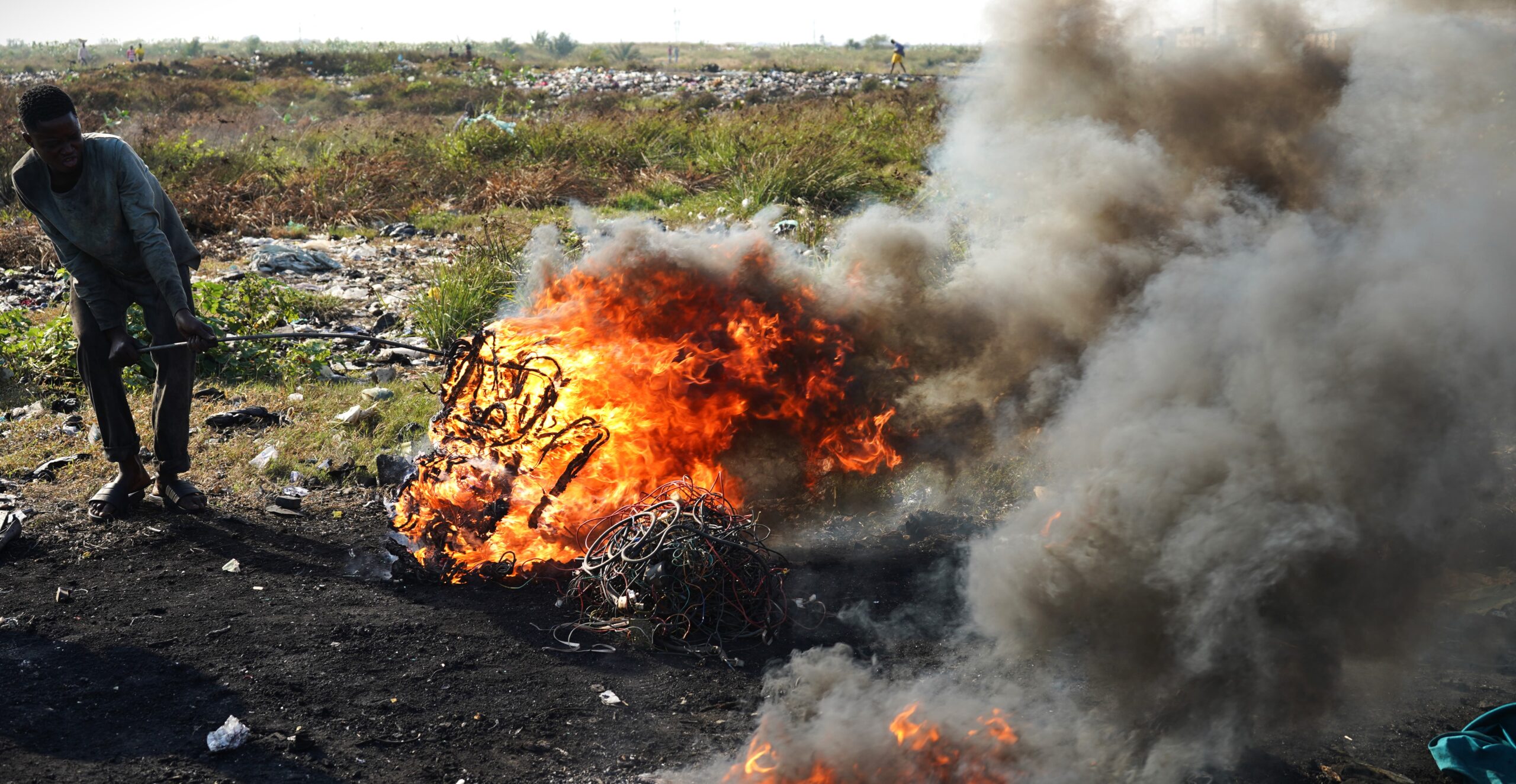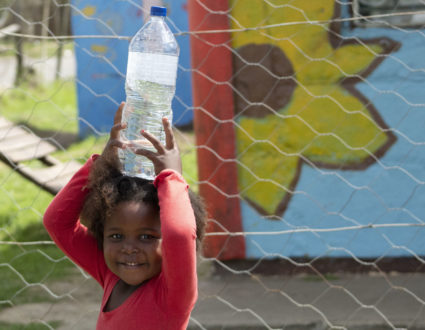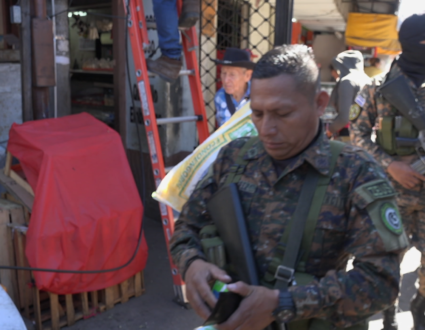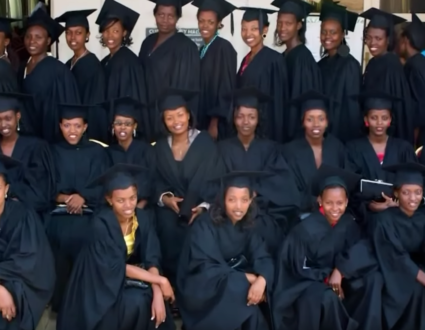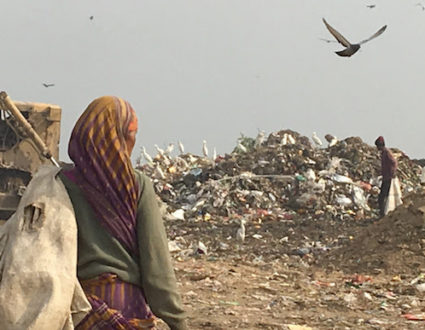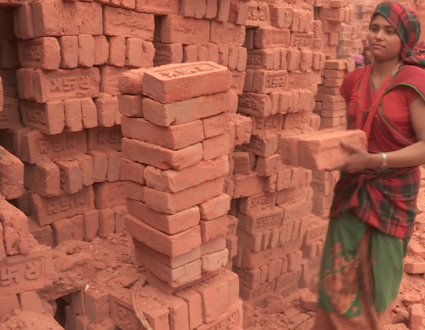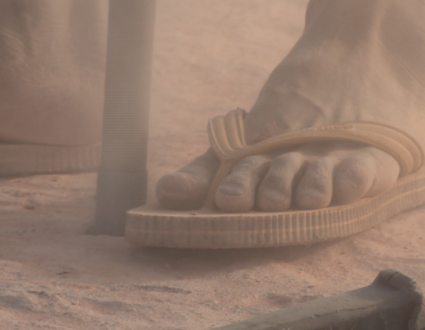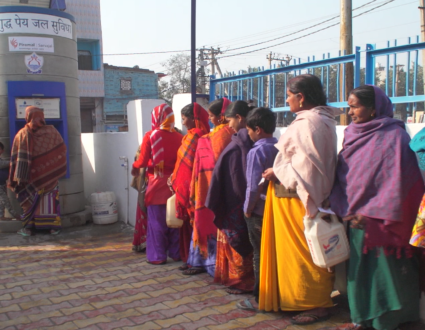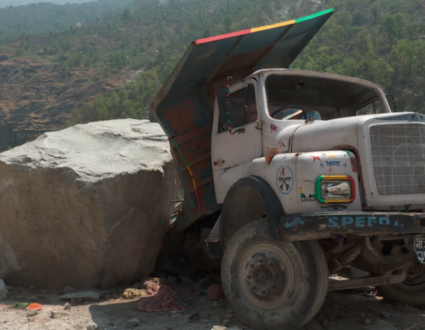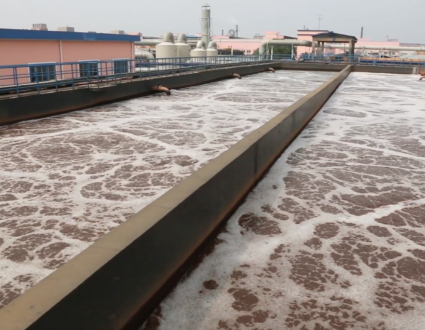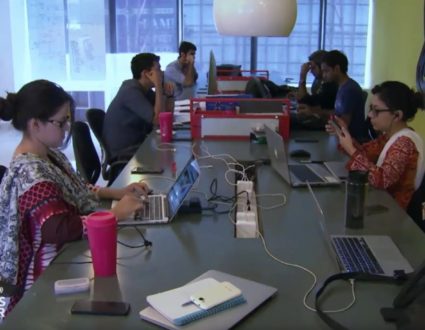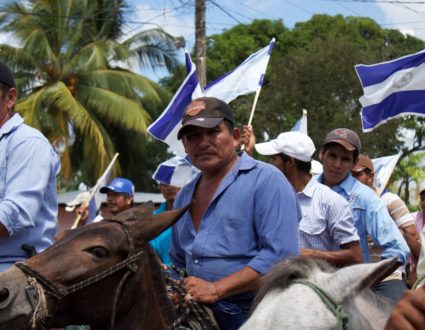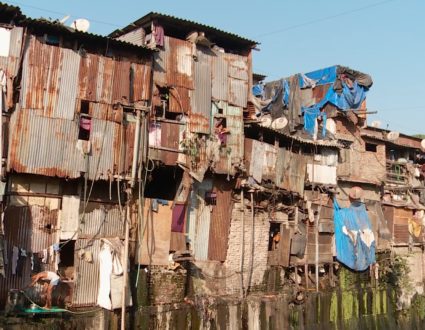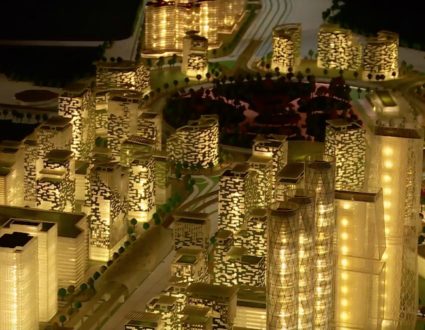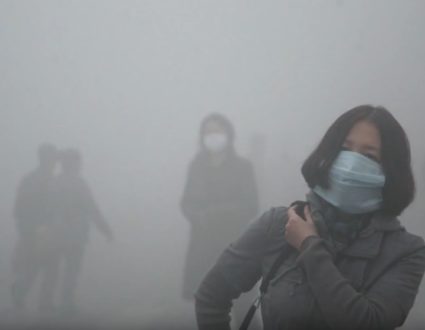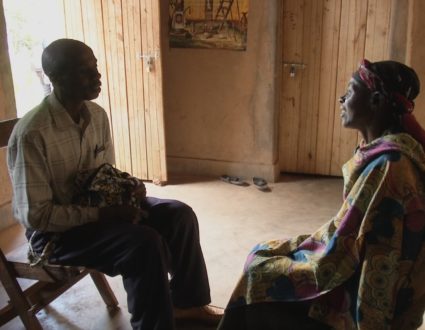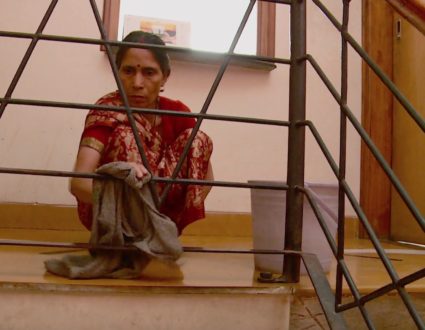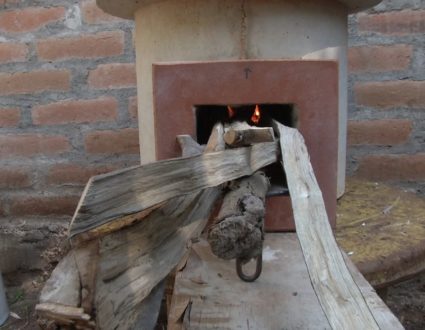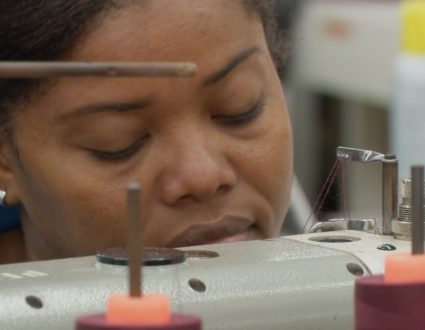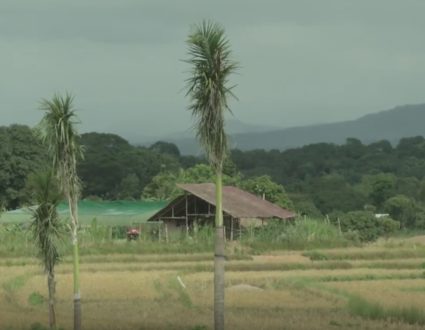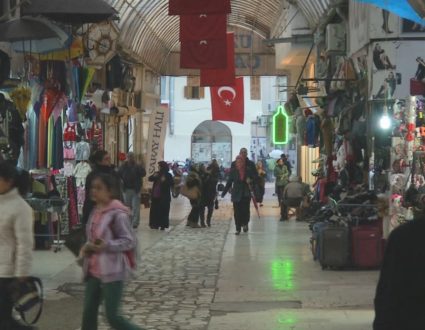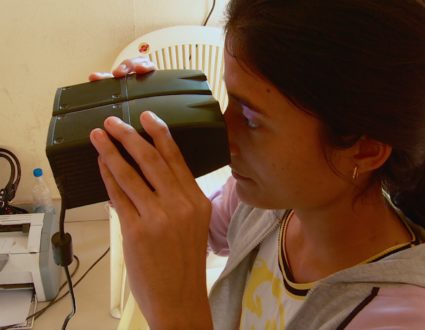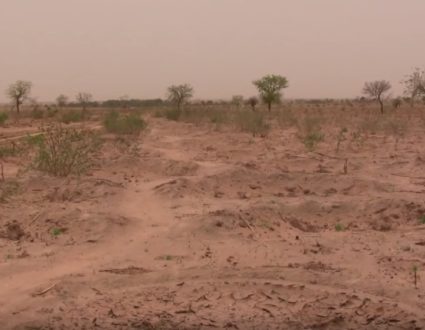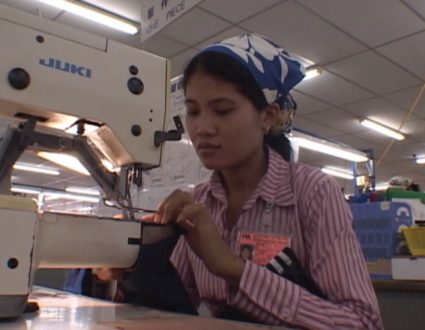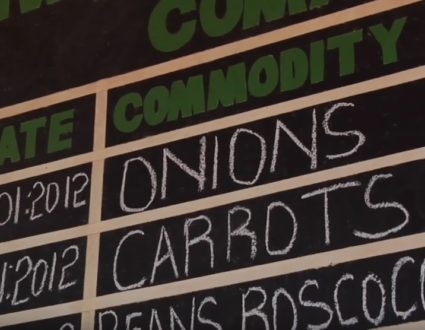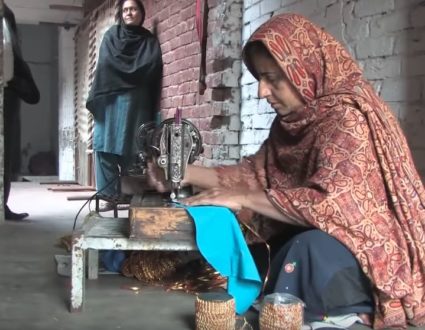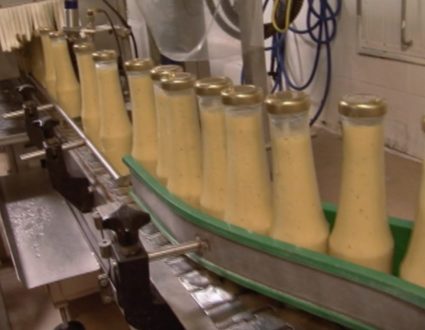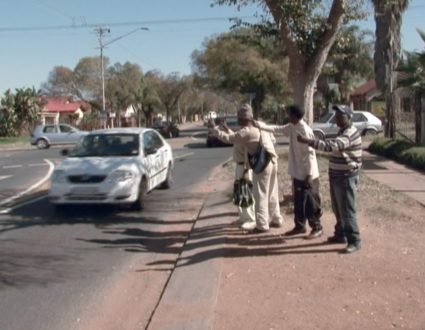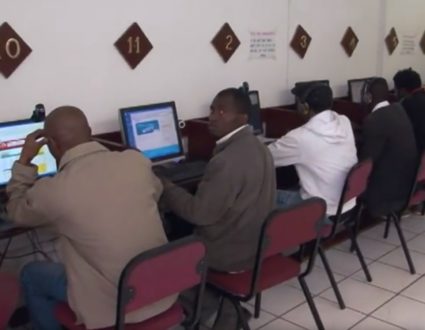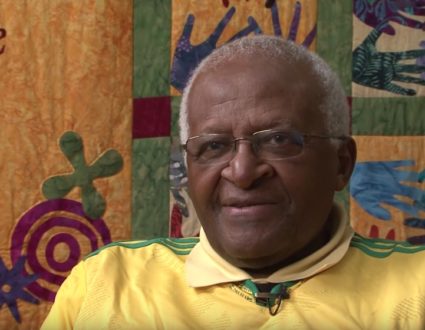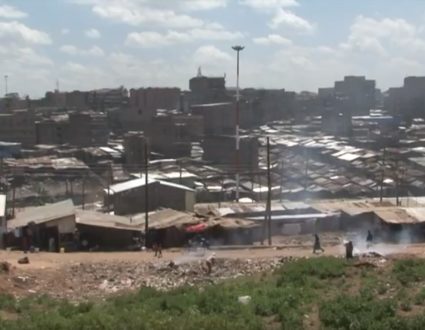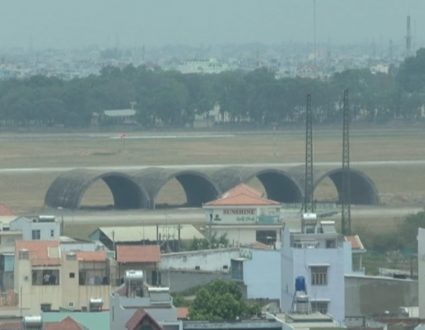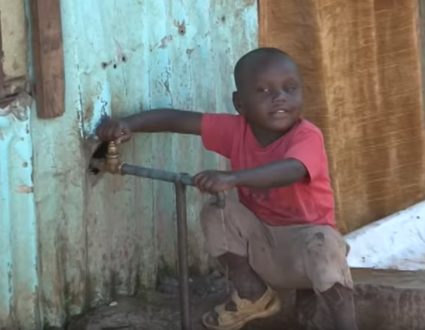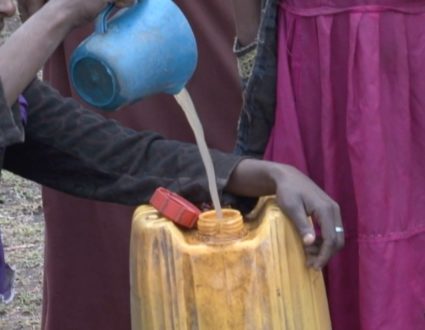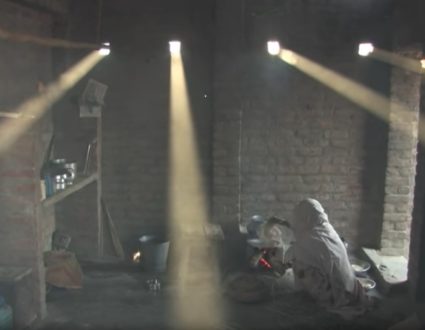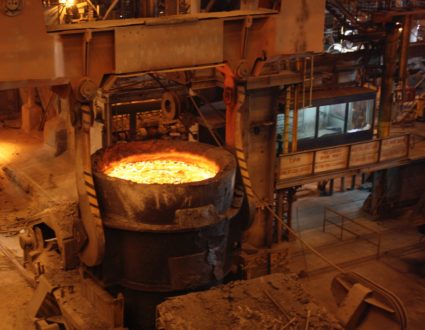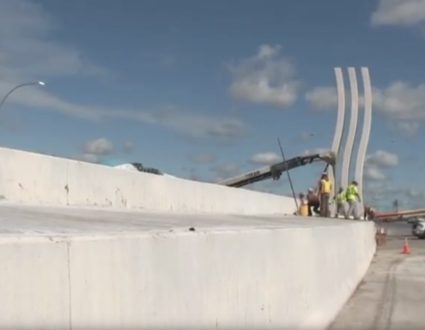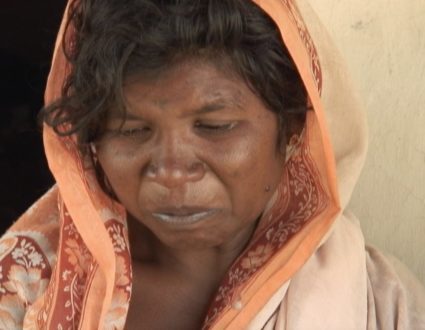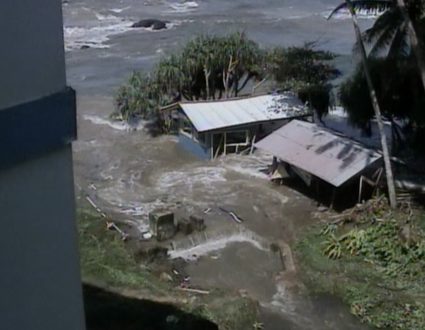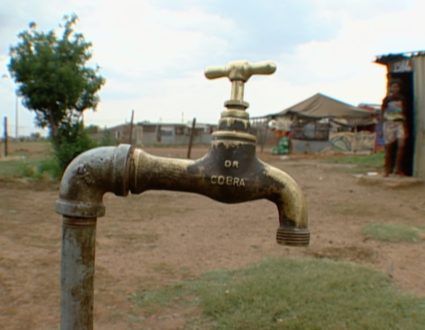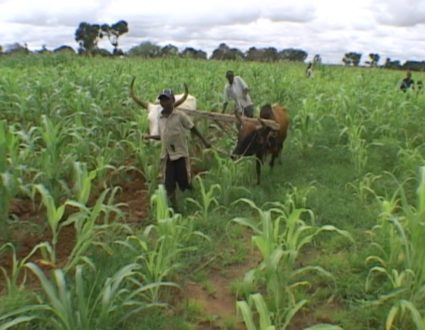FRED DE SAM LAZARO, correspondent: In a country that’s rapidly urbanizing into ever more crowded cities, Tony Meloto is trying to get people to come-or come back-to the farm.
ANTONIO MELOTO: Well, we’re growing here rice, organic rice, and we have 30 different crops here.
DE SAM LAZARO: Three years ago, Meloto established an 85-acre campus about two hours from the capital, Manila. Called The Enchanted Farm, it’s a village of about 50 families relocated from urban slums, a farm and a place for research and innovation.
MELOTO: The vision is making this the Silicon Valley for agribusiness and social entrepreneurship.
DE SAM LAZARO: There’s lots of fertile land in the Philippines, Meloto says. It just doesn’t produce enough of the right crops and products, so rural people move to the city in search of a livelihood. Those who can leave the country; about ten percent of this nation of 100 million-doctors, nurses, welders and domestic workers-work abroad.
MELOTO: (to students) How many of you are planning to leave the country after you graduate?
DE SAM LAZARO: Meloto, an economist by training and one of the country’s best known anti-poverty activists, tries to persuade young visitors to the farm to stay.
MELOTO: (to students) It is possible to create another career or business path in this country, rather than be a domestic worker abroad, which is not bad because they are the heroes of the Philippines. But I think the next generation like yours will be wealth creators in the Philippines-job generators, not job seekers abroad.
DE SAM LAZARO: Meloto came from a lower-middle-class family, but with scholarships was a high academic achiever and went on to an international business career. But he felt keenly aware of those left behind.
MELOTO: I started to see that the basic problem was the disconnection of those privileged with the best education, with the best opportunities, from those who have no dignity, no justice, no hope. I felt that I had to go back to the Philippines, go to the poorest slum and try to discover myself. I was a missionary there.
DE SAM LAZARO: He began in the mid-90s with a lay Catholic organization trying to forge a sense of community in slums riddled by gang violence. A few years later, he moved away from the group’s spiritual approach to one of social justice.
MELOTO: I am a Catholic, and I practice it, but I want faith in action. So I want to build heaven on earth and not just think of heaven in the afterlife, but of really ending, of getting my people out of hell in this life.
DE SAM LAZARO: He rallied volunteers and founded Gawad Kalinga, which means “giving care.” Their first priority was to build decent housing.
MELOTO: I realized that I have to help transform the physical environment, because a human being who lives in an animal pen will think and behave like an animal, and when men are deprived of their dignity, then they are on a survival mode, and that’s when they get into gangs.
DE SAM LAZARO: Today, Gawad Kalinga has transformed the homes of 200,000 families, about a million people. Residents built and maintain them; they elect their community leaders. These enclaves stand out for their cleanliness and bright colors-located across the Philippines from Manila to Leythe province, in the path of the deadly recent typhoon Hayian. Gawad Kalinga communities located in the path of the recent super typhoon did sustain some damage. There are roofs that are blown off, but for the most part the structures are still standing. The typhoon killed more than 6,000 people, but not a single one of them was in a Gawad Kalinga community.
MELOTO: We coordinate with the local government units, and they point us to where the safe areas are.
DE SAM LAZARO: Safe because they’re on higher ground and on deeded land. Millions of people in informal settlements don’t have land title, so they are vulnerable to eviction. Gawad Kalinga has never paid to acquire land for its communities. Instead, the group convinces landowners to donate a part of their holdings, promising to work with the government to develop infrastructure, to everyone’s benefit.
MELOTO: When you have a community of this size, government will start building those public roads. When you have those public roads and electricity, then obviously the land will appreciate.
DE SAM LAZARO: That idea of shared prosperity is behind the farm project. Meloto wants people from privileged backgrounds to come here and develop socially minded businesses. Some of the earliest ones have actually been started by young Europeans-a toy maker working with local women and local materials, hoping to grow in a market where almost all toys are imported from China. Another enterprise is marketing a traditional lemongrass tea thought to prevent certain diseases.
VAIMITI RIGAL: Lemongrass is good for health, good for the blood system and also very tasty. And Tito Tony had the very good idea that this tea is very awesome, so why don’t we make it a worldwide product?
MELOTO: Lemongrass is antioxidant, and it is now selling about 50,000 bottles a month, and our target is a million bottles in a few years which will provide jobs to 1,000 people.
DE SAM LAZARO: Elsewhere, a laid-off garment worker and a former domestic worker, both refugees from Manila slums, are advised on how to combine their culinary skills with business savvy. They hope to install food stands like this one in shopping malls, selling sausages patties and sandwiches.
LOLITA BALDOZA: I am really grateful to live here. Before this, I lived in Manila close to the river, and it flooded any time it rained hard. I was living like a squatter.
This is my little store.
DE SAM LAZARO: Today, as she builds her food business, Baldoza sells convenience items from her home. Her husband, who works on the farm and cares for their two pigs and their twelve-year-old son enjoy a modest home, but it’s secure and dry.
BALDOZA: We can sleep well. My life here is very happy, comfortable.
DE SAM LAZARO: To sustain the farm, there’s a new conference center that will bring visitors, ideas, and revenue. The complex was built with donations from several large companies like Shell Oil, and the carmaker Hyundai. It’s not charity, Meloto says, just good marketing.
MELOTO: This will be the venue for the National Youth Congress. This is sponsored by the Philippine armed forces.
(talking to group) So, General, these are the new generation of Filipinos.
DE SAM LAZARO: As the conference began, Meloto introduced four young people who’ve come to work on the farm. All are top graduates of prestigious universities-usually a ticket to far more lucrative jobs abroad. Two of them actually returned from jobs overseas: market research in Singapore, investment banking in New York. Cherie Atilano passed up a Fulbright scholarship that would have taken her to Germany, driven by what she calls an urgent need to revitalize agriculture.
CHERIE ATILANO: There’s a lot of hungry people in the Philippines, but knowing that we also have 12 million hectares of underproductive land, I’m optimistic to really make the agriculture as a stable backbone of our economy.
MELOTO: The combination of the genius of the poor and the rich is quite explosive. This is a country that does not have any excuse to remain poor, and it is important for us now to raise a new generation of Filipinos who will have that kind of conviction.
DE SAM LAZARO: Gawad Kalinga’s goal is to bring five million families out of poverty by 2024.
For Religion & Ethics NewsWeekly, this is Fred de Sam Lazaro in Bulacan, the Philippines.
Return to the Rural
Many Filipinos move into urban slums or leave their country in search of work. But to help lift his nation out of poverty, economist Antonio Meloto wants to turn its citizens into job generators rather than job seekers. Special correspondent Fred de Sam Lazaro profiles Meloto’s efforts to encourage businesses in rural areas.
Related Links: Gawad Kalinga,Gawad Kalinga USA
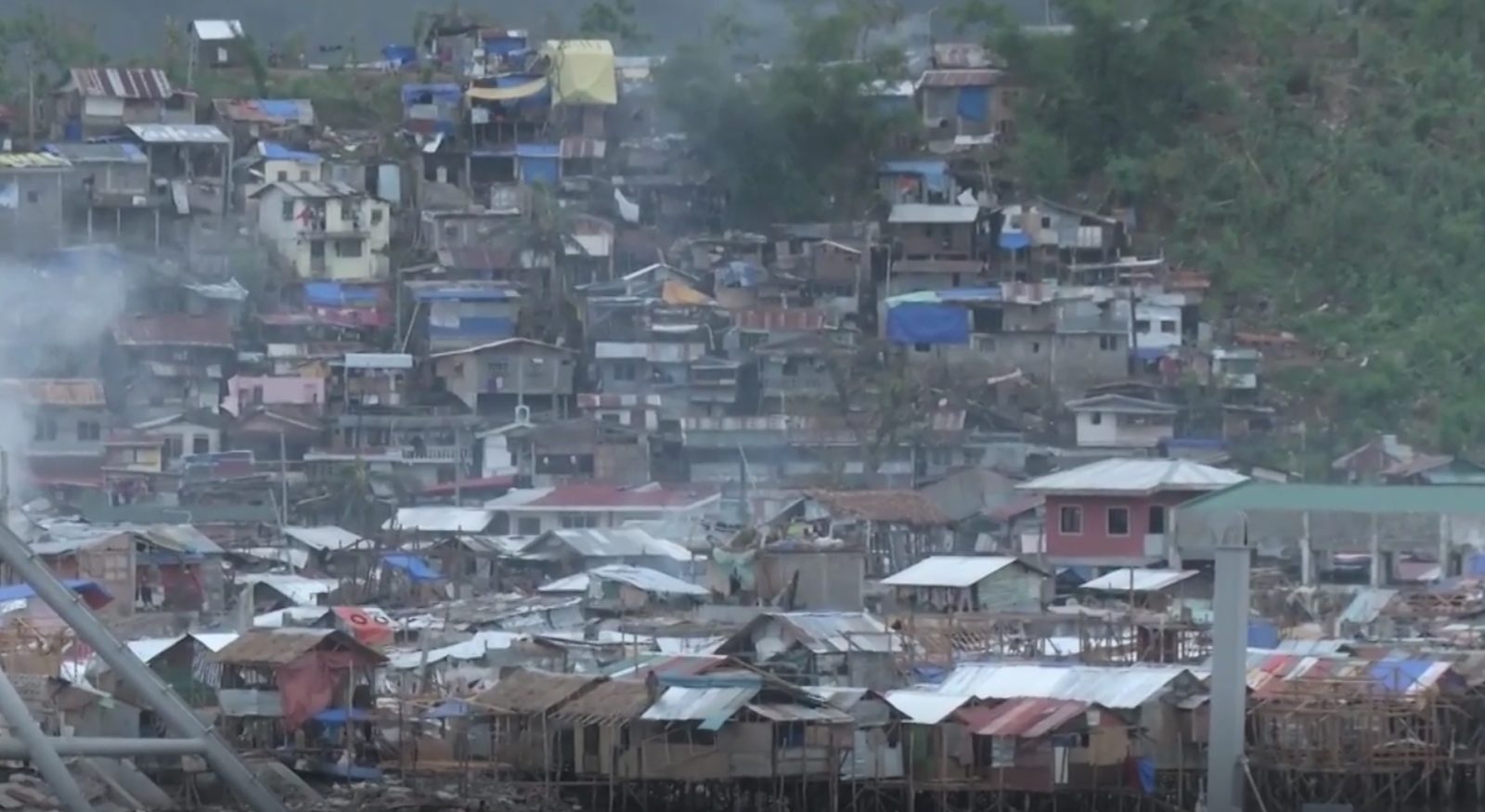
The Philippines is rapidly urbanizing into ever more crowded cities and slums
Tony Meloto
It is possible to create another career or business path in this country, rather than be a domestic worker abroad, which is not bad because they are the heroes of the Philippines. But I think the next generation like yours will be wealth creators in the Philippines-job generators, not job seekers abroad.

